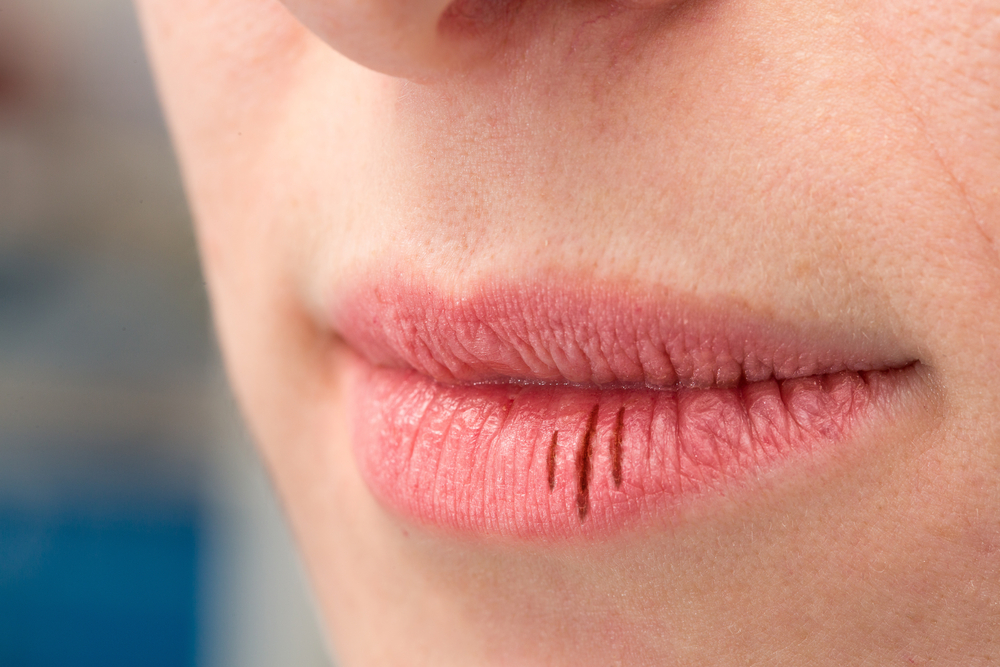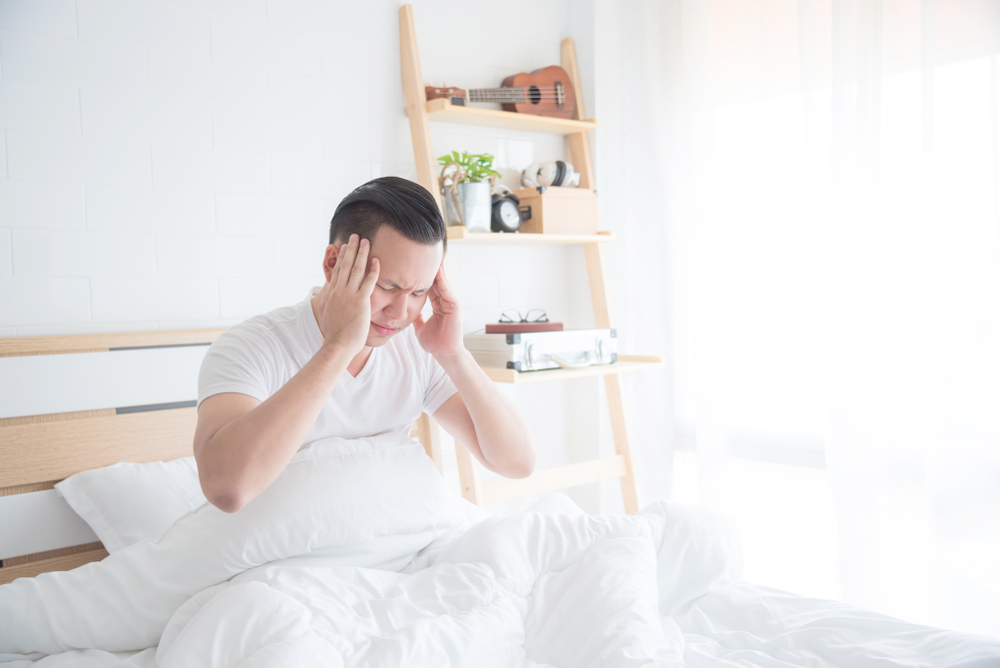Contents:
- Medical Video: 5 Symptoms Of Colon Cancer You Should Not Ignore
- What is indigestion?
- What are the symptoms of indigestion?
- What are the causes of digestive disorders?
- What are the treatments for indigestion?
- What are some tips for dealing with digestive disorders?
Medical Video: 5 Symptoms Of Colon Cancer You Should Not Ignore
After enjoying a cheeseburger with crispy fries, you may immediately feel satisfied. But after you finish or sometimes during a meal, you may feel your stomach is full of hot sensations. This is a sign of indigestion. The best way to deal with your digestive disorders is to find out the signs first.
What is indigestion?
Indigestion, also known as dyspepsia, is a condition characterized by a heat sensation in the upper part of the abdomen and lower sternum. You may experience this feeling sometimes or often. Sometimes the pain is accompanied by a burning sensation behind the breastbone. Indigestion is often a sign of other problems such as gastroesophageal reflux (GERD), gastritis, or gall bladder disease. This condition is not the same as heartburn. Heartburn usually causes nausea and bloating.
Severe indigestion can cause permanent problems with your digestive system such as esophageal scarring or your stomach. Indigestion can affect anyone at any age. You are more at risk if:
- You drink a lot of alcohol
- Use aspirin and other painkillers that can irritate the stomach
- Conditions that make abnormalities in your digestive tract, such as an ulcer
- You have anxiety or depression
What are the symptoms of indigestion?
Symptoms of digestive disorders may occur during or after eating and drinking. Stress can also cause symptoms of digestive disorders getting worse. If you have indigestion, you may have symptoms such as:
- Feel uncomfortable as if the stomach is full or heavy
- Belch
- Food or liquid returns from your stomach into the esophagus
- Bloated (less common)
- Nausea and vomiting (less common)
There are simple solutions and drugs that can help digestive disorders. However, digestive disorders can show other serious diseases. You should check with your doctor if:
- You are 55 years or older
- You have lost a lot of weight accidentally
- You feel difficult to swallow
- You vomit often
- You have iron deficiency related anemia
- You can feel a lump in your stomach
- You vomit blood or the appearance of blood in your stool
What are the causes of digestive disorders?
Usually, acid is produced by the stomach to digest the food you eat. However, sometimes acid can damage the intestinal wall, causing pain and irritation. Indigestion can also be triggered or exacerbated by other factors.
The most common causes of digestive disorders are eating too much, too fast, eating lots of high-fat foods, or eating during stressful situations. Drinking too much alcohol and smoking can also cause digestive disorders. Stress and fatigue are reported to make digestion worse.
If you are overweight, you are more likely to experience indigestion due to increased pressure in your stomach.
Certain diseases can interfere with cleansing stomach acid from your esophagus, or causing the esophageal sphincter to fail to prevent stomach acid from moving back into your esophagus. Some conditions that cause digestive disorders are:
- Ulcer
- GERD (stomach acid)
- Stomach cancer (rare)
- Gastroparesis (a condition in which the stomach is not completely empty, this often occurs in people with diabetes)
- Stomach infection
- Irritable bowel syndrome
- Chronic pancreatitis
- Thyroid disease
- Pregnancy
Some drugs can cause digestive disorders, such as nitrates, drugs to expand your blood vessels, which can relax your esophagus, which allows acid to leak again.
If you have stomach problems, you should not use NSAIDs, such as aspirin and ibuprofen, because they can affect the digestive tract and cause digestive disorders. Children under the age of 16 should not use aspirin. Some other drugs that you should not use to avoid digestive disorders are:
- Aspirin and other painkillers, such as NSAIDs such as ibuprofen (Motrin, Advil), and naproxen (Naprosyn)
- Estrogen and oral contraceptives
- Steroid medication
- Certain antibiotics
- Thyroid medicine
What are the treatments for indigestion?
Often, digestive disorders can disappear without treatment within a few hours. However, if the symptoms get worse, you should check with your doctor. Avoid triggers for digestive disorders, such as certain foods or activities, to treat digestive disorders:
- Try not to chew with your mouth open, talk while chewing, or eat too fast. This causes you to swallow too much air, which can worsen digestive disorders.
- Drink fluids after eating and not while eating
- Avoid eating late at night
- Avoid spicy foods
- Quit smoking
- Avoid alcoholic drinks
If indigestion does not subside after making this change, your doctor may prescribe medication to reduce your symptoms. Because digestive disorders are a symptom and not a disease, treatment usually depends on conditions that cause digestive disorders.
What are some tips for dealing with digestive disorders?
If you have indigestion due to another disease, you should know about the disease and how to manage it. Thus, you can really reduce the risk of digestive disorders.
Indigestion can be better by making positive life changes. Here are some tips for controlling digestive disorders:
- Maintain a healthy weight
Obesity makes it easier for stomach acid to drain into your esophagus. Maintaining a healthy weight with regular exercise and having a healthy diet can reduce digestive disorders.You can reduce the amount of fatty foods, spicy foods or anything that contains caffeine such as coffee, tea or coke to prevent digestive disorders. - Stop smoking and drink alcohol
Chemicals in cigarettes and alcohol can relax your esophageal muscles, resulting in acid reflux. - Have a good sleep routine
Avoid eating 3-4 hours before going to bed. When you lie down, the esophagus is much more relaxed. Eating food before bed will make acid produced in our stomach, thus increasing the risk of acid reflux. Place it some pillows to support your head or shoulders so that the position above can prevent stomach acid from moving up from your digestive tract while you are sleeping.












